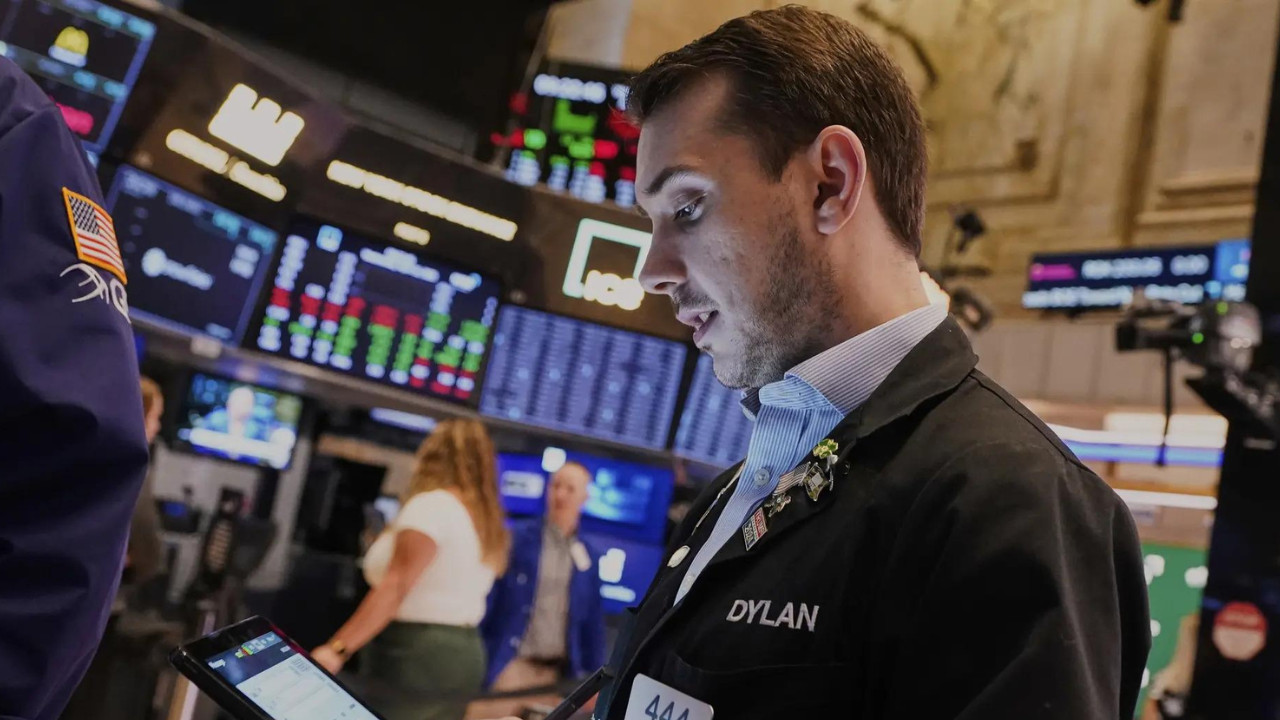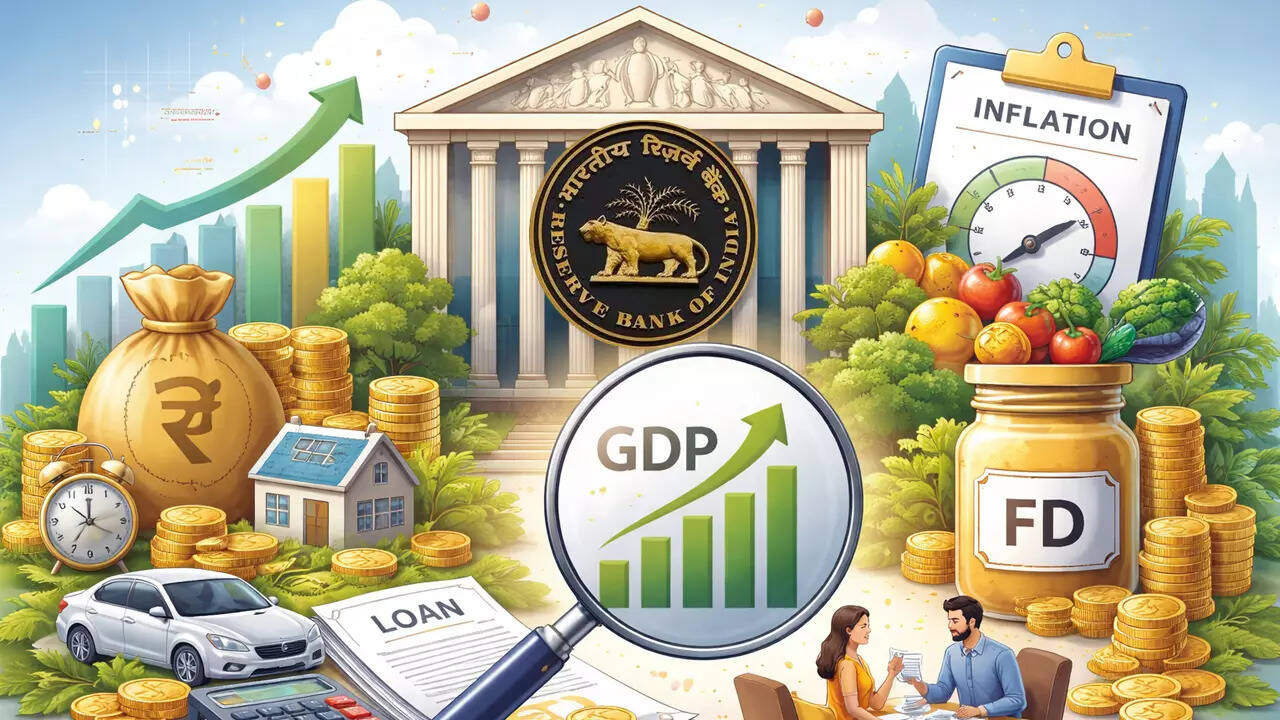US stock markets experienced a slight downturn following President Trump’s announcement of new tariffs on EU and Mexico goods, sparking trade tension concerns. Despite this, major indexes remained near record highs as investors anticipated potential negotiations before the August 1 deadline. Meanwhile, investors are shifting focus to earnings season, with key banks set to report quarterly results.
Navigating Choppy Waters: Wall Street Reacts to New Tariff Threats
The mood on Wall Street lately feels a bit like sailing into a squall. One minute, you’re enjoying calm seas; the next, you’re battling unexpected gusts and turbulent waves. Just recently, the market experienced a noticeable dip after former President Donald Trump floated the idea of imposing new tariffs on goods from the European Union and Mexico. It wasn’t a catastrophic plunge, but certainly enough to make investors sit up and take notice. The Dow Jones Industrial Average, the S&P 500, and the Nasdaq Composite all felt the chill, underscoring the market’s sensitivity to trade policy shifts.
Why the jitters? Well, tariffs are essentially taxes on imported goods. When these taxes increase, the cost of those goods goes up, potentially impacting businesses that rely on those imports, as well as consumers who ultimately foot the bill. The immediate concern is the possibility of retaliatory tariffs from the EU and Mexico. This could easily escalate into a full-blown trade war, disrupting supply chains, increasing costs for American businesses, and ultimately slowing economic growth. No one wants a repeat of the trade tensions experienced in recent years.
But the tariff talk wasn’t the only factor influencing the market’s performance.

Earnings Season in Focus
The market is also in the throes of earnings season, when publicly traded companies reveal how they performed over the previous quarter. These reports offer a crucial snapshot of the overall health of the economy. Were profits up? Did companies meet expectations? Are they optimistic about the future? All of these details influence investor sentiment and can trigger significant market swings. While some companies have delivered stellar results, others have fallen short, creating a mixed bag of signals that add to the overall uncertainty. Investors are carefully dissecting each earnings report, trying to determine whether the current market valuations are justified and trying to anticipate what lies ahead.
Consider companies like Tesla who are trying to ramp up electric vehicle (EV) adoption. Any new proposed tariffs could directly impact their supply chain and ability to import raw materials, potentially resulting in higher prices and delayed timelines for EV development.
The Broader Economic Landscape
Beyond tariffs and earnings, several other factors are contributing to the current market climate. Inflation, although cooling, remains a concern. The Federal Reserve’s monetary policy decisions, particularly regarding interest rates, are closely watched. Higher interest rates can help curb inflation, but they can also slow economic growth by making it more expensive for businesses and individuals to borrow money. There’s a delicate balancing act involved, and the Fed’s next move will undoubtedly have a significant impact on the market.
Geopolitical risks, from conflicts overseas to political instability in various regions, also play a role. Unexpected events can rattle investor confidence and trigger sell-offs, highlighting the interconnectedness of the global economy.
Navigating the Uncertainty: What’s Next?
So, what does all of this mean for investors? First and foremost, it underscores the importance of diversification. Spreading your investments across different asset classes and sectors can help mitigate risk. Remember, putting all your eggs in one basket – or even in a handful of tech stocks – is rarely a sound strategy.
Secondly, it highlights the need for a long-term perspective. Market fluctuations are inevitable. Trying to time the market, or constantly buying and selling based on short-term news events, is often a recipe for disappointment. A well-thought-out investment strategy, aligned with your individual goals and risk tolerance, is much more likely to lead to success over the long haul. See our post on [long-term investment strategies](/long-term-investing).
Thirdly, it emphasizes the value of staying informed. Pay attention to economic news, company earnings reports, and geopolitical developments. But don’t get caught up in the daily noise and sensational headlines. Focus on the underlying trends and factors that are likely to shape the market’s direction over the long term.
Ultimately, the market’s recent reaction to the tariff news serves as a reminder of the inherent uncertainties of investing. By remaining disciplined, staying diversified, and maintaining a long-term perspective, investors can navigate these choppy waters and position themselves for future success. Wall Street will undoubtedly continue to react to economic news; a measured and informed approach is key to long-term financial success.







